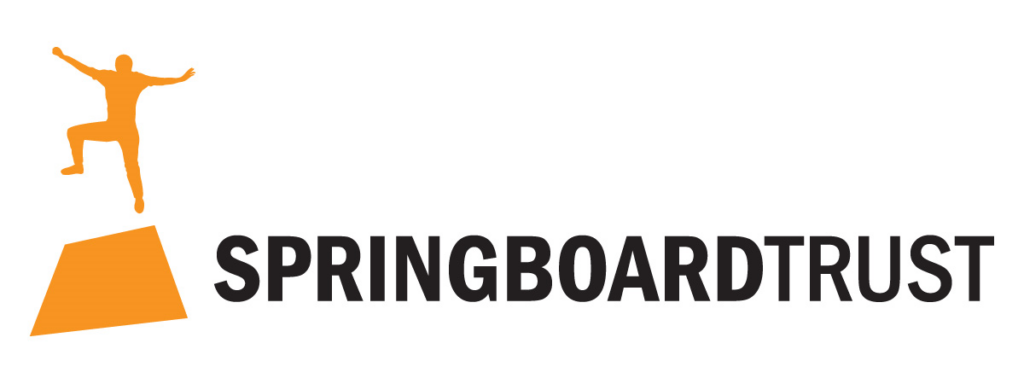Kaua e rangiruatia te hāpai o te hoe; e kore tō tātou waka e ū ki uta.
Do not lift the paddle out of unison or our canoe will never reach the shore.
This report by Rangahau Mātauranga o Aotearoa (NZCER) explores the experiences of Māori principals and volunteers through our Strategic Leadership for Principals Programme. Download the full report below.
Download
NZCER Report: Māori Experiences of Springboard Trust’s Strategic Leadership for Principals Programme
At Springboard Trust we are committed to improving the experiences of Māori who engage with our services to ensure the greatest possible impact for the schools and communities they lead. This report offers valuable insights into both what we are doing well, and what we can improve for future participants.
Māori tumuaki interviewed indicated they valued the programme and would highly recommend it to others. In particular, they identified the following benefits:
- Increased strategic confidence – including in the areas of visioning, strategic planning and stakeholder engagement. Strategic planning, establishing a school vision and goal setting were the aspects of principalship for which Māori school leaders felt least prepared prior to participating.
- Improved stakeholder engagement – consultation moved beyond a ‘tick-box’ exercise, allowing principals to test assumptions about their school communities’ needs. Principals learnt how to ‘ask the right questions’ of their stakeholders to ensure the strategic planning process was collaborative and captured the voices of students, whānau, teachers, senior leaders, school board and the wider school community.
- Expanded collaborative networks – insights were generated by both peers and volunteers who offered a business perspective with respect to their thinking, leadership and school management. Participants felt that the business tools provided were transferable to the education context and helped them to look beyond usual problem solving approaches.
- Positive learner impact – in most cases, programme involvement positively impacted learners in relation to increased student voice and improved educational outcomes or achievement. Some principals also referred to more specific outcomes, such as an increasing school roll and larger numbers of students enrolling in Rūmaki Reo (Māori medium) classes.
Māori leaders also said there’s more we can do to enable even better outcomes for them, their kura and ākonga. For instance:
- Emphasise and integrate Te Ao Māori leadership frameworks like Tū Rangatira: Māori Medium Educational Leadership into our programmes.
- Employ more Māori-skilled staff and upskill volunteers in Te Reo and Tikanga Māori.
We are hugely grateful to the participants of this research for their incredibly valuable insights and we will keep you updated as we act on them. In the meantime, you can read more by downloading the full report above!









